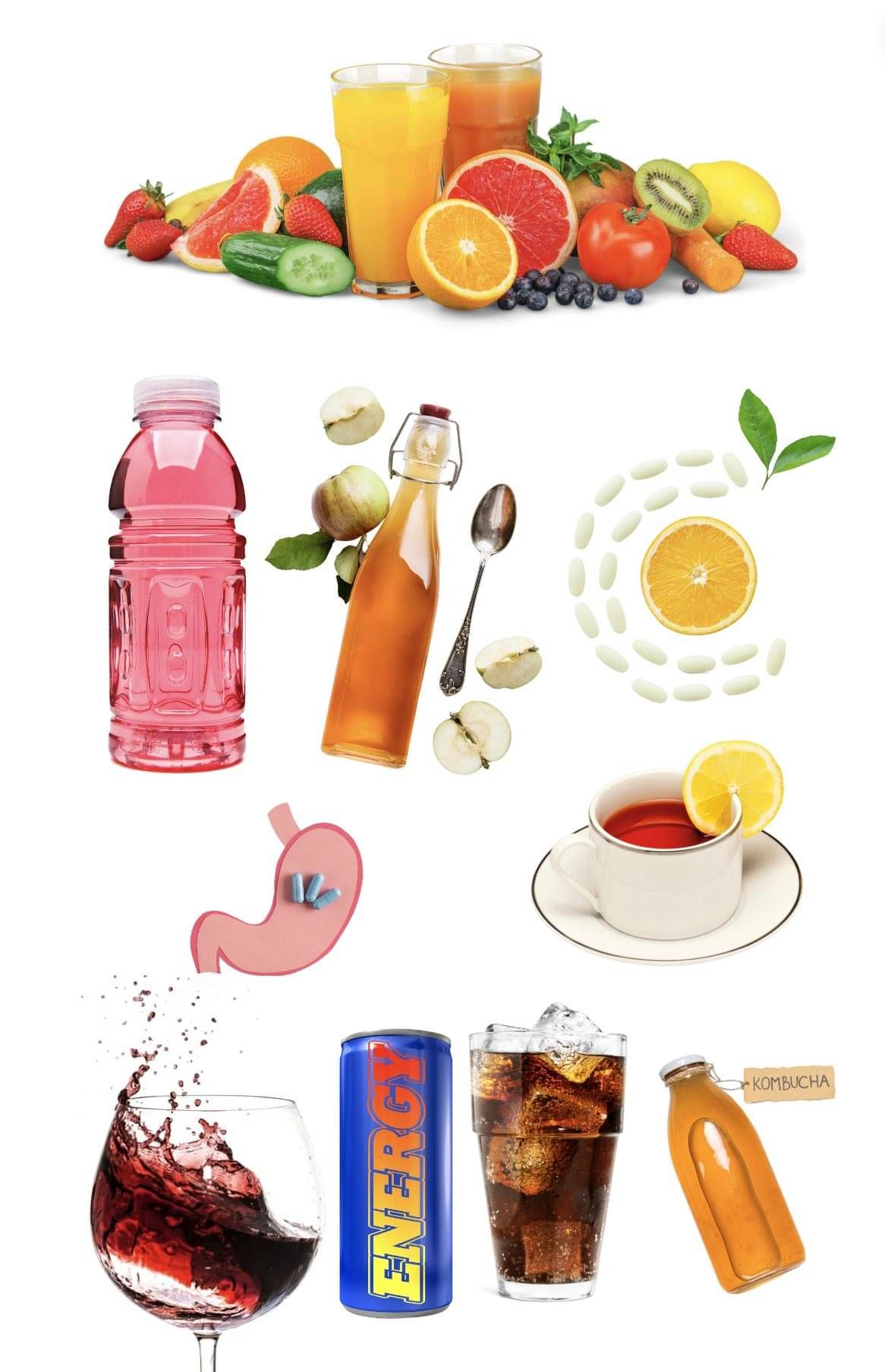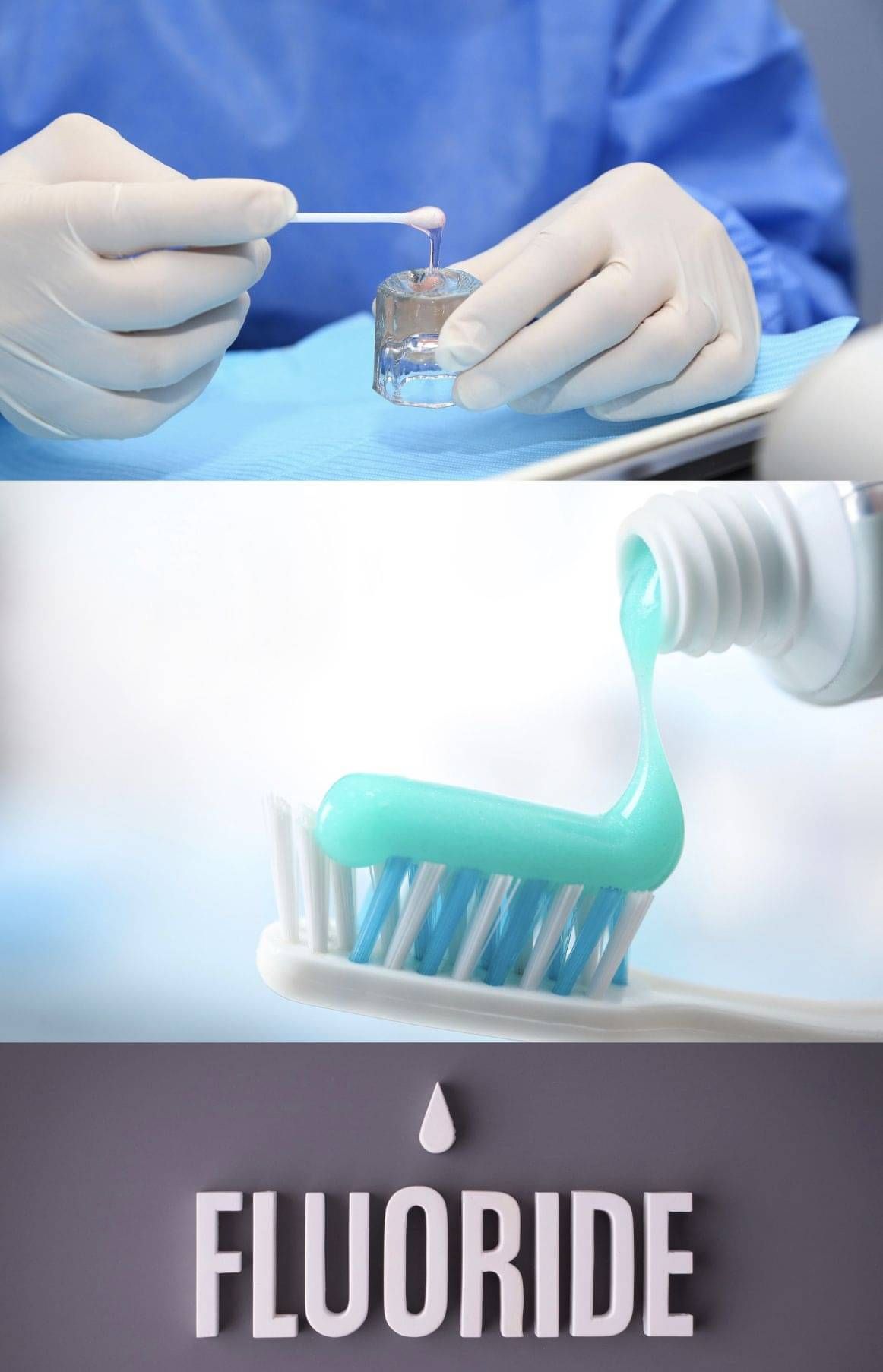
Over time, acid erosion can lead to tooth sensitivity, yellowing, or thinning of teeth. Preventing erosion involves reducing acidic exposure, improving oral hygiene, and visiting your dentist regularly to monitor the condition of your enamel.
What Causes Acid Erosion of Teeth?
Acid erosion, also known as dental erosion, occurs when the enamel (the hard outer surface of your teeth) is worn away by acids from non-bacterial sources. Unlike decay caused by bacteria, acid erosion is typically due to direct exposure to acidic substances. Here are the main causes:
1. Dietary Acids: Foods and drinks high in acid, like citrus fruits, soft drinks, wine, and energy drinks, can gradually weaken enamel. Frequently consuming these items exposes your teeth to acids that break down enamel over time.
2. Gastroesophageal Reflux Disease (GERD): Conditions like GERD or silent reflux bring stomach acid into the mouth, where it can damage teeth. Even if you don’t experience heartburn, acid reaching the mouth can lead to enamel erosion.
3. Frequent Vomiting: Individuals suffering from conditions like bulimia or chronic stomach issues experience repeated exposure to stomach acids, which can severely erode teeth.
4. Dry Mouth (Xerostomia): A lack of saliva can contribute to acid erosion because saliva helps neutralize acids in the mouth. Without enough saliva, acids from food, drinks, or stomach contents have a greater impact on tooth enamel.
5. Acidic Medications: Certain medications, such as chewable vitamin C tablets or aspirin, can introduce acids directly to the teeth, contributing to erosion.

Can Damaged Teeth Be Repaired?
Once enamel has been dissolved away, it's permanently lost and can only be replaced with restorative dentistry. The good news is that very early acid softening of teeth can be reversed or halted with simple changes:
Modifying what and how we eat and drink.
Using fluoride toothpastes.
Applying fluoride varnishes in the dental office to harden teeth and improve resistance to acid attack.
Using remineralising pastes, such as Tooth Mousse or other calcium based pastes.
Sensitive teeth can be treated with desensitising toothpastes or application of desenstising liquids and coatings in the dental office.
Seeking medical help for reflux, snoring and sleep apnoea.
Having a regular dentist review of tooth wear patterns and risk factors.
Safe Eating & Drinking
Repeated and daily acid attacks on teeth, outside of meal times, is the most common way to wear away tooth enamel. Frequent sipping, swilling, swishing and multiple daily acid food and drink produces more wear than confining acid to mealtimes.
To be safe, eat and drink acidic foods with meals.
Solutions for Severe Acid Wear
Severe wear can be restored using a range of tooth coloured materials. Modern dental materials offer flexibility in price, durability and longevity. Watch our short video to see how we rebuilt a very worn mouth impacted by drinking lemon juice in water.
Read more about this case in our Case Study